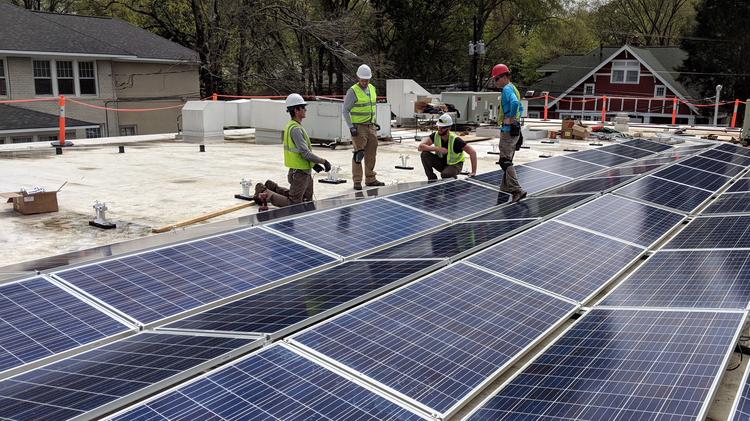
Triad Business Journal Announces Renu Eenergy Solution’s Next Project With Truliant Operations
The solar installation, which will be done by Charlotte-based Renu Energy Solutions, is scheduled to begin in August in be completed by September. The operations center at Hanes Mall will open in late 2022.
Those subscribed to Triad Business Journal can continue to read more about Renu Energy Solutions’ next project with Truliant Operations by visiting the link below.
https://www.bizjournals.com/triad/news/2022/04/27/truliant-880-solar-panels-operation-center.html






